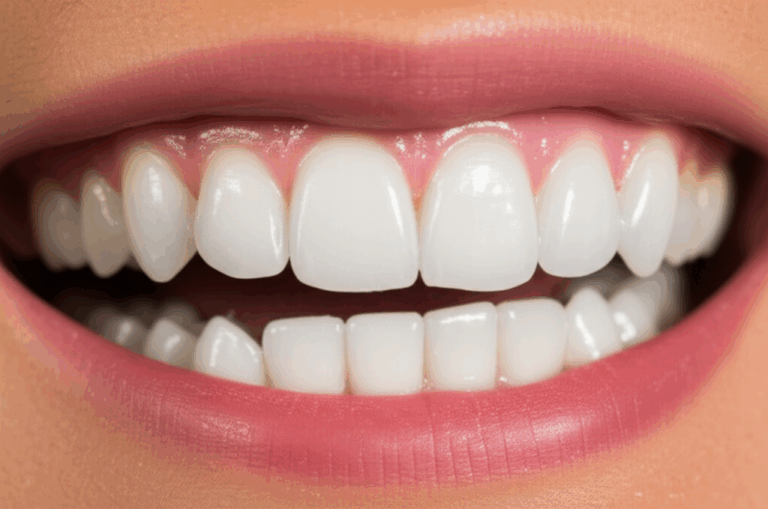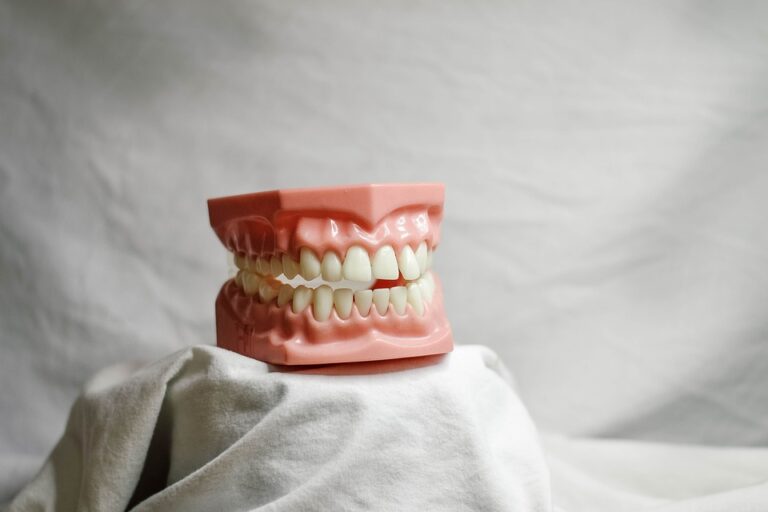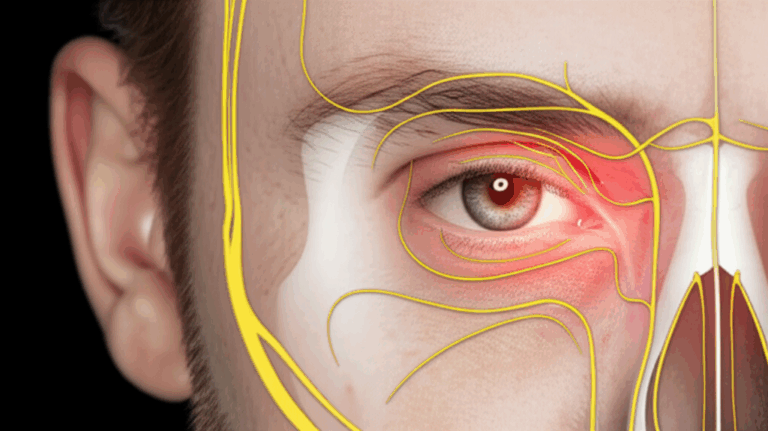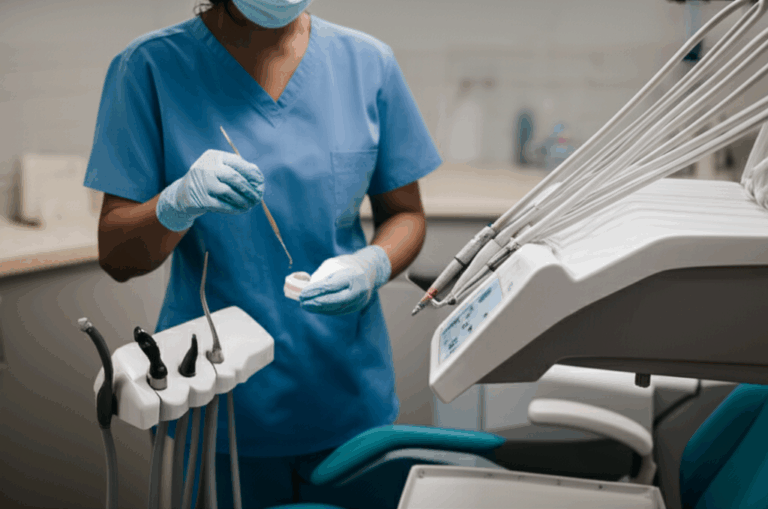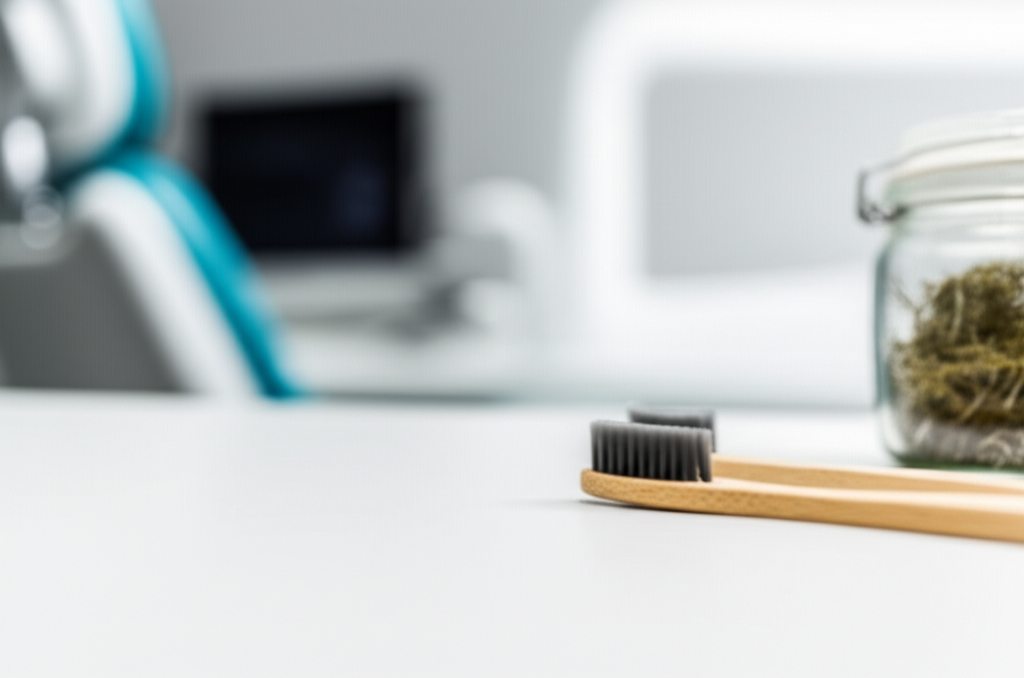
How Much Does a Biological Dentist Cost? Your Complete Price & Value Guide
You’re looking for answers. Maybe you’ve heard about “biological” or “holistic” dentistry and wonder: Is it worth the money? Or maybe you want to skip metal fillings or have health problems you think might be related to your mouth. Whatever brought you here, you’re not alone—lots of people wonder what it really costs to see a biological dentist and if the benefits match the price.
Let’s get to the point. This guide will tell you what things really cost, why the prices are higher, how insurance or payment plans work, and—just as important—how to know if this kind of dental care is right for you. I’ll explain things in simple words, honestly lay out the good and bad, and share tips that could save you hundreds (even thousands) as you look for healthier teeth and a healthier body.
What We’ll Cover
- Understanding Biological Dentistry: A Different Approach
- Average Cost Ranges for Biological Dental Services (General Overview)
- Key Factors Influencing Biological Dentistry Costs
- Biological Dentistry Cost Breakdown by Common Procedures
- Why Biological Dentistry Can Be More Expensive (and Why it Matters)
- Is the Investment in Biological Dentistry Worth It? (Value Proposition)
- Navigating Payment: Insurance, Financing, and Cost Management
- Tips for Finding an Affordable Biological Dentist
- Conclusion: Investing in Your Whole-Body Health
Understanding Biological Dentistry: A Different Approach
So, what is biological dentistry? Sometimes called holistic or natural dentistry, it’s a type of dental care that looks at how your mouth connects to your whole body. Think of it like whole-body dental care—where every material, treatment, and piece of advice is meant to be good for both your teeth and the rest of you.
Simple Core Ideas:
- Safe, Body-Friendly Materials: Biological dentists avoid things like mercury or metals that might cause allergies or other health problems. They use stuff like zirconia (a type of ceramic) for implants and fillings that don’t have harmful chemicals.
- Safer Removal of Old Fillings: If you have metal (mercury) fillings, they use special steps (called SMART) to make sure you and their staff stay safe.
- Treating the Whole You: They think about how dental work might affect things like your immune system and long-term health, not just your teeth.
- Newer Tools and Tests: You might see things like special blood tests, 3D scans, ozone therapy, or lasers.
Because of this careful, safety-first style—and the special materials—seeing a biological dentist usually costs more than a regular dentist. But how much more? Let’s look.
Average Cost Ranges for Biological Dental Services (General Overview)
To keep it simple: Biological dental care usually costs about 20–50% more than normal dental care. This depends a lot on where you live, how hard your case is, and the office you pick. Here’s a quick look:
- First Visit (Consultation): $150–$400 (could be higher in big places)
- Regular Visits: Fillings or cleanings run $250–$700 per tooth or session
- Special Jobs (like safe filling removal or zirconia implants): Starts at a few hundred dollars and can be a few thousand, depending on what you need
Remember, these are rough numbers. Like buying a car, prices can change a lot based on where you are and what you want. For more exact numbers, check out the cost list later in this article.
Key Factors Influencing Biological Dentistry Costs
Ever wonder, “Why is this so pricy?” Good question. Here’s what affects the price:
1. Where You Are
- Big City vs. Small Town: As with most things, dental care in big cities (like New York or LA) nearly always costs more than small towns.
- Regional Differences: Where you live, and even state rules, can change prices by 20–50%.
2. Dentist’s Skills and Experience
If your dentist has special training, especially from groups like the International Academy of Oral Medicine and Toxicology (IAOMT), expect higher fees. Learning how to do safe mercury removals or use only body-safe materials takes time and money.
3. How Hard Your Treatment Is
- Small jobs vs. Big fixes: A regular filling is much cheaper than removing all your mercury fillings, healing your gums, and replacing missing teeth using a holistic method.
- Extra Testing: Biological dentists may ask for special tests or scans to keep you safe.
4. Better, Safer Materials
Materials like BPA-free fillings, ceramics, or zirconia cost more than the usual ones. You pay more for stuff that won’t cause allergic reactions and looks like real teeth.
5. Special Tools and Steps
From ozone (a type of oxygen therapy) to lasers, these tools aren’t common everywhere and cost a lot to buy and learn to use.
6. Extra Services
Sometimes, biological dentists offer things outside normal dental work—like talks about your diet, detox plans, or working with a natural doctor. These can add to your bill.
Biological Dentistry Cost Breakdown by Common Procedures
Here’s what you might pay for different biological dental services in the US. These are up-to-date averages and ranges.
First Visit and Checkups
Cost: $150–$400+
What’s included:
- Full dental check
- Health background with focus on stuff that affects the body
- Talking about toxin exposure, allergies, and health habits
- May include basic X-rays or send you for more tests
Safe Removal of Mercury Fillings (SMART Protocol)
Cost: $200–$800 per filling
What’s special:
- Extra air filters, safety covers, oxygen, and strong suction to keep you safe
- Dental team wears special gear
- You may get tips on food or vitamins to help your body detox
Body-Friendly Fillings (Composites, Ceramics)
Cost: $250–$700 per tooth
Why extra cost:
- Safer, chemical-free materials
- Extra care and time to make sure nothing toxic gets in
Zirconia Dental Implants
Cost: $3,000–$6,000+ per implant
What’s included:
- No metal, safe for those with allergies, and very strong
- Special training needed
- Price may not include the crown (fake tooth), which can cost another $1,500–$2,000
All-Ceramic Crowns or Bridges
Cost: $1,200–$2,500+ per crown
Benefits:
- Looks like a real tooth, with no metal
- Won’t trigger allergies
Ozone Therapy
Cost: $50–$300 per spot
Use:
- Helps heal gum infections, deep cleans, helps healing after surgery, sometimes used instead of a root canal
Root Canal Alternatives (Laser, Special Fillings, Ozone)
Cost: $800–$3,000+
Why:
- Tries to save the tooth and avoid harsh chemicals
- Uses extra tools and natural methods
Cavitation Surgery / NICO Lesion Removal
Cost: $1,000–$4,000+ per area
What is it:
- Removes diseased or infected jawbone
- May include ozone, diet tips, and sometimes special blood therapies to help healing
Materials Allergy Testing
Cost: $250–$600
Why:
- Blood tests to check for allergies to dental materials before they go in your mouth
Full Mouth Detox
Cost: $500–$3,000+
What’s included:
- Long-term cleaning plans, food and supplement advice, sometimes step-by-step removal of old fillings or gum care
Holistic Dental Cleaning
Cost: $150–$350
Extras:
- More detailed cleaning, ozone or natural rinses, sometimes checks for good bacteria in your mouth
Want to learn more about staying healthy overall? See our guide on teeth health for simple tips.
Why Biological Dentistry Can Be More Expensive (and Why it Matters)
So, why do biological dentists charge more? Here’s why:
1. Extra Training
Holistic dentists don’t stop at dental school. They spend lots of time and money learning special skills—like how to take out mercury safely and what foods help your teeth.
2. Better Equipment
Things like oxygen tanks, air cleaners, lasers, and ozone machines cost a lot. Keeping the office extra clean and safe isn’t cheap.
3. Nicer, Safer Materials
From zirconia for implants to fillings that don’t have dangerous chemicals, these cost more for the dentist—and so for you.
4. More Time With You
Holistic dentists usually spend more time talking to you and making a plan for your health—not rushing you out the door.
5. Focus on Stopping Problems Before They Start
They try to prevent problems, not just fix them as they happen. This can cost more at first, but may save money (and pain) later.
Is the Investment in Biological Dentistry Worth It? (Value Proposition)
Let’s be real: This kind of dental care isn’t always cheap, and it’s not for everyone. Here’s how to think it through:
Possible Good Points:
- Fewer Harmful Chemicals: No mercury, BPA, or other risky stuff in your mouth
- Natural, Nice-Looking Results: Fillings and crowns look like real teeth
- Helps Your Whole Body: Some studies show fixing oral toxins and infections can help with energy, immunity, and even chronic illness
- Prevention: More cost now may mean less money and trouble later
Real Example:
Some people, like “Mrs. Smith” (talked about earlier), say they feel much better after going biological—more energy, less pain, and fewer other health problems. She spent about $8,000 over two years but thought it was cheaper than all the doctor visits she might have needed otherwise.
Who Gets the Most Out of It?
- People with known allergies or sensitivities
- Those with chronic fatigue or autoimmune issues
- Anyone serious about avoiding chemicals or metals in dental work
If you only need regular cleanings and simple fillings, regular dentists might save you money. It’s about your health needs and what’s most important to you.
Navigating Payment: Insurance, Financing, and Cost Management
Here’s the truth: Insurance often won’t pay for everything a biological dentist does. But here’s what you can do:
Dental Insurance:
- Usually Covered: Standard cleanings, checkups, and some fillings/crowns (basic types) are often covered, even if you use a biological dentist
- Usually Not Covered: Special tests, ozone therapy, safe filling removal, fancy implants, and detox programs often aren’t, or only pay the regular dentist rate (you pay the rest)
Payment Plans & Credit Options
Things like CareCredit or the dentist’s own payment plans help split big bills into smaller ones. Always ask about interest and terms before you agree.
HSA/FSA Funds
If you have a Health Savings Account or Flexible Spending Account, you can use it for many biological dental services—sometimes even for “alternative” treatments if your dentist recommends them.
Discount Plans or Memberships
Some offices sell yearly plans for basic visits and discounts on big treatments. If you’ll be back more than once, it’s worth asking.
Cost Details
Always get a written cost estimate before starting. Ask questions about anything that seems odd. A good dentist is happy to explain.
Want to know more about dental materials and new technology? See our guide on dental ceramics lab.
Tips for Finding an Affordable Biological Dentist
Here’s how people keep prices down:
If you want more tips on everything dental, check our section on teeth information.
Conclusion: Investing in Your Whole-Body Health
Here’s the bottom line:
Main Points:
- Biological dentistry uses safe materials and special methods—costs are about 20–50% more than usual dental care.
- Treatments range from $150 for a basic visit to $6,000+ for a single implant. Special services and tests add to the cost.
- The price comes from better training, safer materials, extra care, and thinking about your whole health.
- Insurance often only covers some treatments. Plan to pay out of pocket, use payment plans, or use HSA/FSA funds for some services.
- Picking the right dentist—and only getting what you really need—can help control costs.
Is paying more for biological dentistry worth it? For many people—especially those sensitive to chemicals or wanting truly safe and natural dental care—the answer is “yes.” Others may mix regular and biological care to save money.
Your Next Steps:
- Write down your health needs and dental worries.
- Book a visit with a biological dentist—most will answer questions and give clear cost details.
- Weigh what matters most to you—for your teeth, and your health overall.
You now have what you need to have a real, open talk with any dentist—whether traditional or holistic—and make the choice that fits you best.
Want to know more about caring for your smile? Explore our dental care guide for tips, common questions, and next steps to a healthier mouth.
Final Thought:
The first step toward a healthy mouth—and a healthy you—is asking questions and not settling for “just okay.” Trust your gut, spend your money wisely, and remember your smile is as special as you are.
This article is for information only and should not replace advice from a dentist. If you have concerns, book a visit with a certified biological dentist to talk about your options and get a personal cost estimate.

